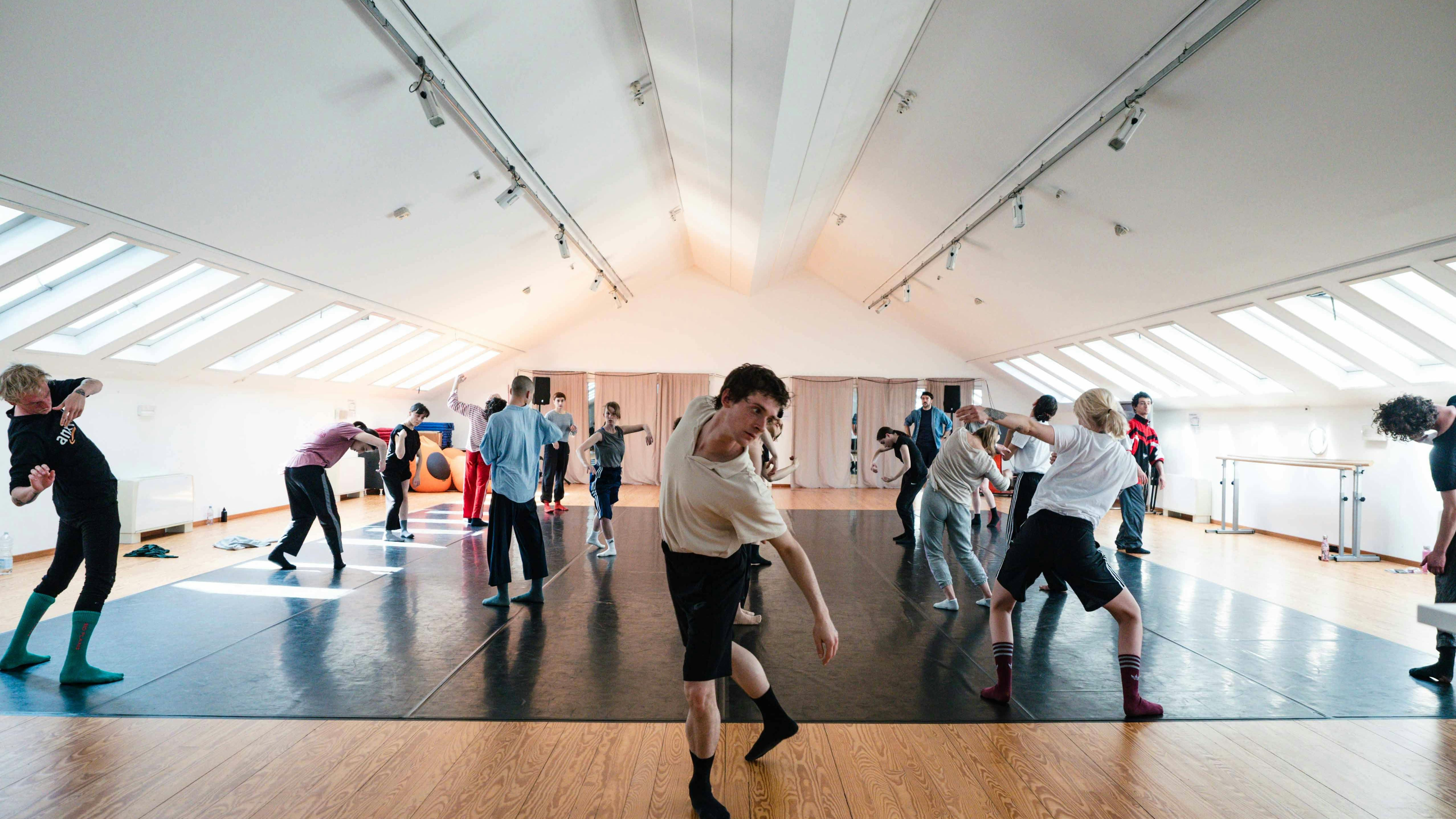Graduated in dance from the faculty of art at the University Academy Humanismo Cristiano (Santiago del Chile, 2011). He trained in South America and Europe with different authors, teachers and paths from different somatic practices to contemporary theater and circus.
As a performer and dancer, he developed an early part of his career in South America working with companies and authors that led him to acquire a wealth of experience not only in contemporary dance, but also in circus, theater, montage, production and research.
He moved to Europe in 2014 and worked as a dancer for various productions, residencies and projects of a different nature.
The following year he debuted as an author with MustBe within the M100 festival (Argentina). Over the years he presents numerous projects and performances in Italy. He realizes his last work Seven project in 2021 in the city of Essen/Germany.
In 2022 he is one of the winners of the Spring call, the our new project in collaboration with Gaia Clotilde Chernetich that gives support to unpublished choreographic projects on the themes of identity and travel.
